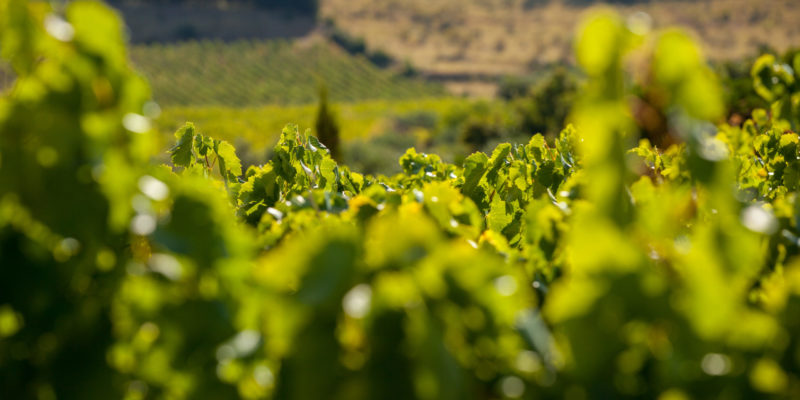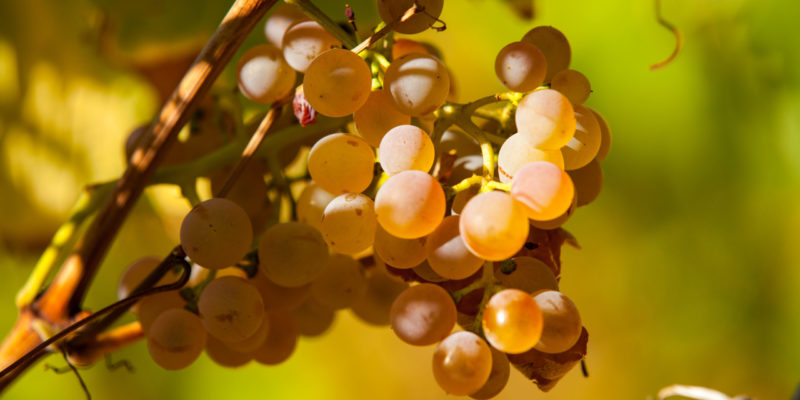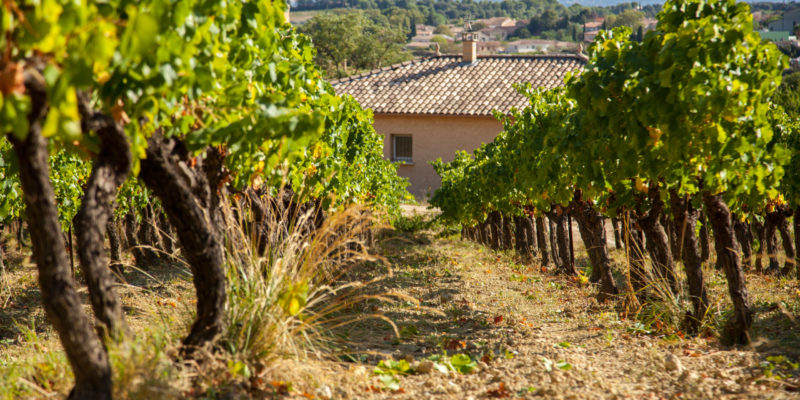Biodynamics is based on simple precepts
It was evident to me that I should cultivate my vines organically. As a child I was already Editor in Chief of a magazine put together by a group of young ‘Friends of Nature’ in my village.
In 2002, the Domaine was certified organic. Then after a few years I decided to go a step further and apply the principles of biodynamics, a system of production for which Rudolph Steiner laid the foundations in 1924, and the estate obtained biodynamic certification in 2011.
For me it is a way of life and a philosophy more than a constraint. It is a different way of living and relating to the world.
In particular, it is about considering all animals and plants as living beings, and not as objects. Man is not all powerful. Biodynamics opens our eyes and invites us to look at what is happening in the world around us.
It is not about fighting vine diseases, but of considering that if the plant is stronger, then it is less susceptible to disease. And it works. We have noted that the vines are producing more today than they did before, even though they have not been ‘fed’ for around twenty years.
Natural preparations:
In concrete terms, we follow a few simple principles. We take account of the lunar calendar, which determines on which days we will plough or work in the vines. Much as our grandparents did in their gardens.
And we apply two natural preparations to the plants:
– Dung compost: cow horns filled with dung pass autumn and winter buried in the earth, thus transforming the dung into compost. This preparation is then dynamised before being sprayed on to the vines.
– Silica: this is mixed in tiny homeopathic doses into dynamised water, that is, water that has been vigorously stirred in one direction and then another to create a vortex. The water is then filtered and sprayed on to the vines


